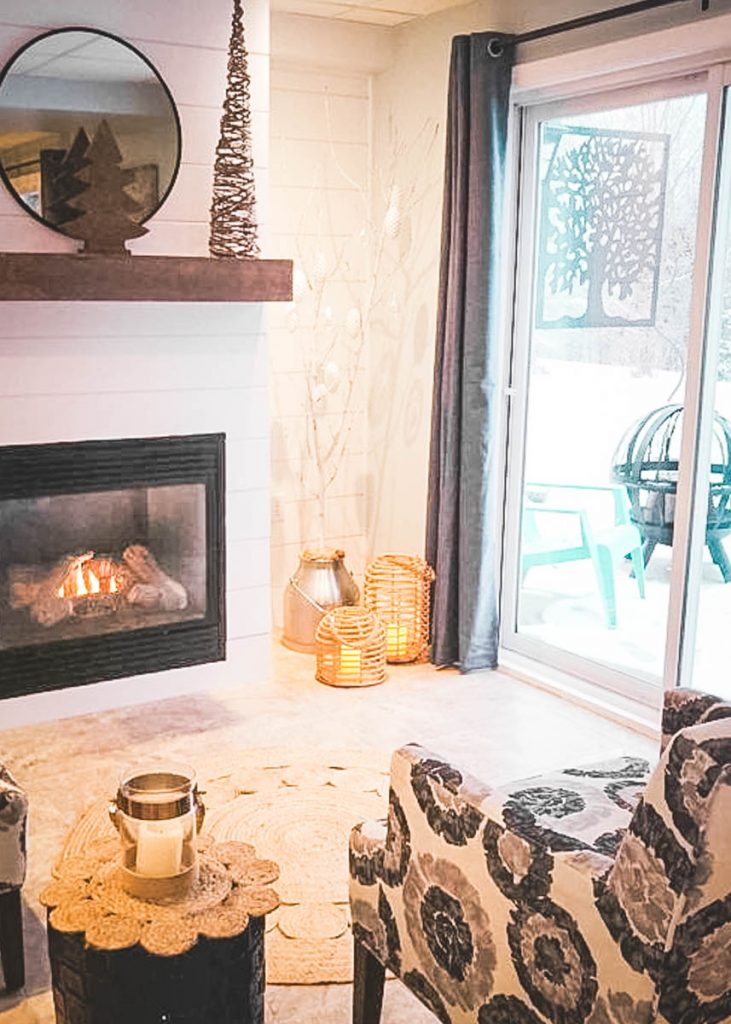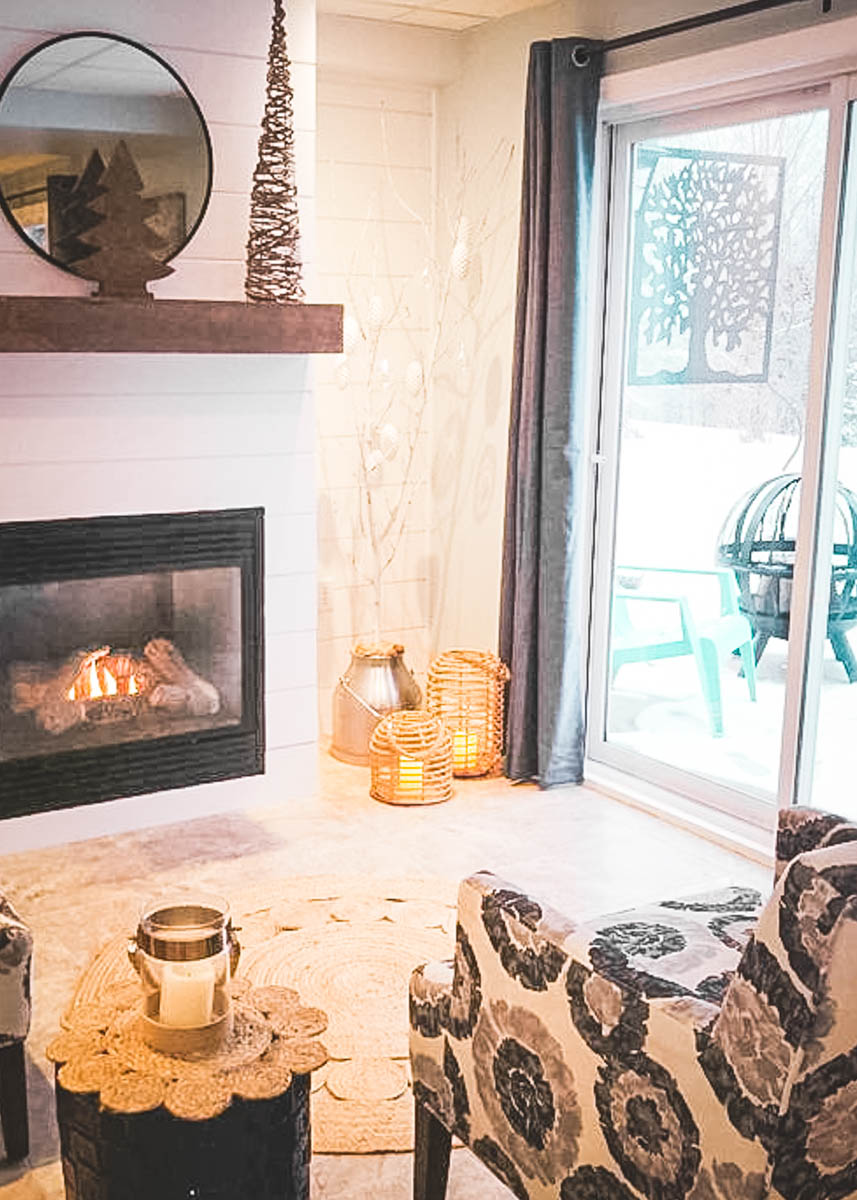Moving to a new country is an exciting adventure that offers a fresh start and endless opportunities. However, before you embark on this journey, it’s important to understand the intricacies of renting in your destination country. In this blog post, we will provide you with a comprehensive guide to renting when moving to a new country, covering everything from finding the right accommodation to understanding local rental laws and regulations. Let’s dive in!
- Research the Local Rental Market: Start by familiarizing yourself with the local rental market in your destination country. Use online platforms, real estate agencies, and local classifieds to get an idea of the available rental options, average prices, and preferred locations. Consider factors such as proximity to work, schools, transportation, and amenities that suit your lifestyle.
- Budgeting and Financial Considerations: Before you make the big move, it’s crucial to assess your financial situation and establish a realistic budget for renting in your new country. Consider expenses like rent, security deposits, utilities, and potential agency fees. Take into account any differences in currency exchange rates and the cost of living to ensure you can comfortably afford your new rental.
- Determine Your Rental Preferences: Think about your specific needs and preferences when it comes to housing. Are you looking for an apartment, a house, or a shared living space? Consider factors like the number of bedrooms, bathrooms, and overall space requirements. Keep in mind any cultural differences or local norms that may influence your choice of accommodation.
- Engage with Local Communities: Leverage social media groups, expat forums, and local networking platforms to connect with expatriate communities or other foreigners in your new country. Seek advice from those who have already experienced the process of renting in the area. They can provide valuable insights into the local rental market, recommend trustworthy landlords, and suggest desirable neighborhoods.
- Language and Cultural Barriers: Moving to a new country often comes with language and cultural barriers. Consider taking language classes or using language-learning apps to familiarize yourself with the local language. This will greatly assist you in communication with potential landlords, understanding rental contracts, and ensuring a smooth renting experience.
- Understand Rental Laws and Regulations: Take the time to understand the rental laws and regulations specific to your destination country. Research tenant rights, lease agreements, eviction processes, and any legal obligations of landlords. Being aware of your rights and responsibilities will help you navigate any potential issues that may arise during your tenancy.
- Rental Application Process: Once you find a suitable rental property, you’ll need to submit a rental application. Prepare the necessary documents, such as identification, proof of employment or income, references, and a rental history if applicable. Follow the local procedures and submit the application in a timely manner to increase your chances of securing the rental.
- Inspecting the Property: Before signing any lease agreement or making any payments, thoroughly inspect the property. Check for any damages, maintenance issues, or potential concerns. Take pictures or videos as evidence of the property’s condition before you move in to avoid disputes later on.
- Negotiating Rental Terms: Depending on the rental market and local customs, you may have room to negotiate certain aspects of your lease. This could include rental price, lease duration, or the inclusion of certain appliances or furniture. Be polite and respectful during negotiations to maintain a good relationship with the landlord.
- Seek Professional Assistance: If you’re feeling overwhelmed or uncertain about the rental process in your new country, consider seeking professional assistance. Real estate agents, relocation services, or expatriate support organizations can provide guidance and support throughout your transition.
Conclusion: Renting a property when moving to a new country requires careful planning, research, and understanding of local regulations. By following this comprehensive guide, you’ll be well-equipped to find suitable accommodation, navigate the rental market, and ensure a smooth transition into your new life abroad. Embrace the adventure and enjoy your new home in your chosen country!
#RentLife #RentLifeCanada #RentLifeUSA #RentLifeRentals #RentLifeHousing #RentLifeLiving #RentLifeBlog #MovingAbroad #NewCountryNewBeginnings #RentingAbroad #RentalGuide #InternationalRelocation #ExpatsLife #GlobalNomads #ExpatCommunity #LivingAbroad #Canada #USA #Moving #Immigration #Migration

